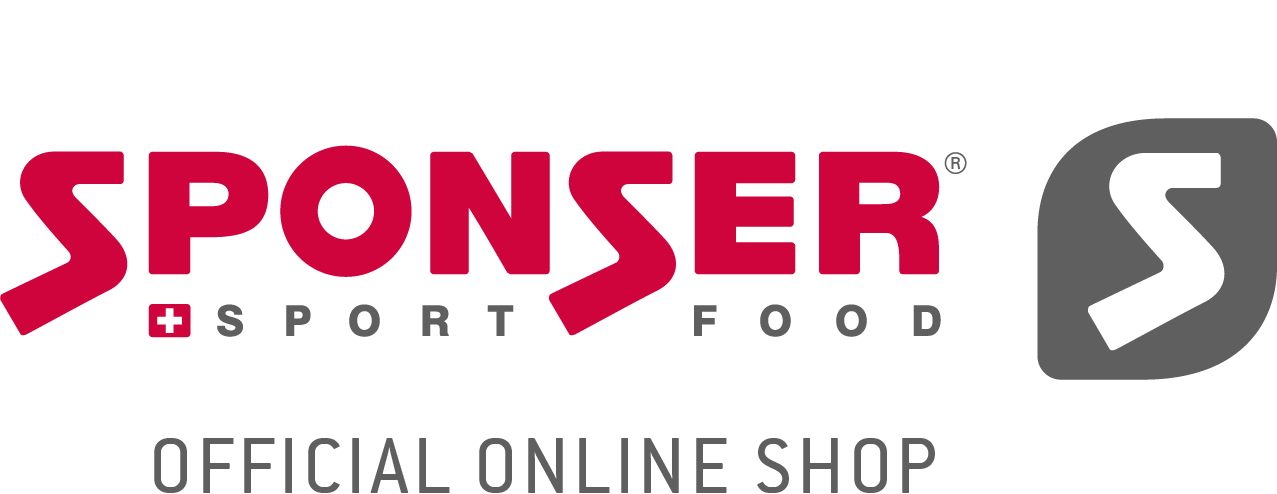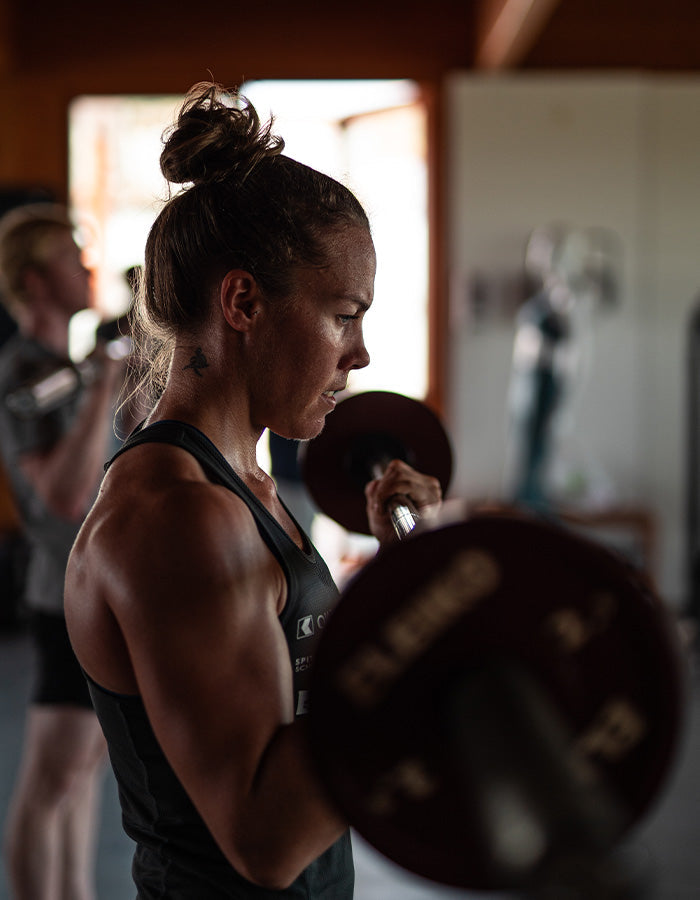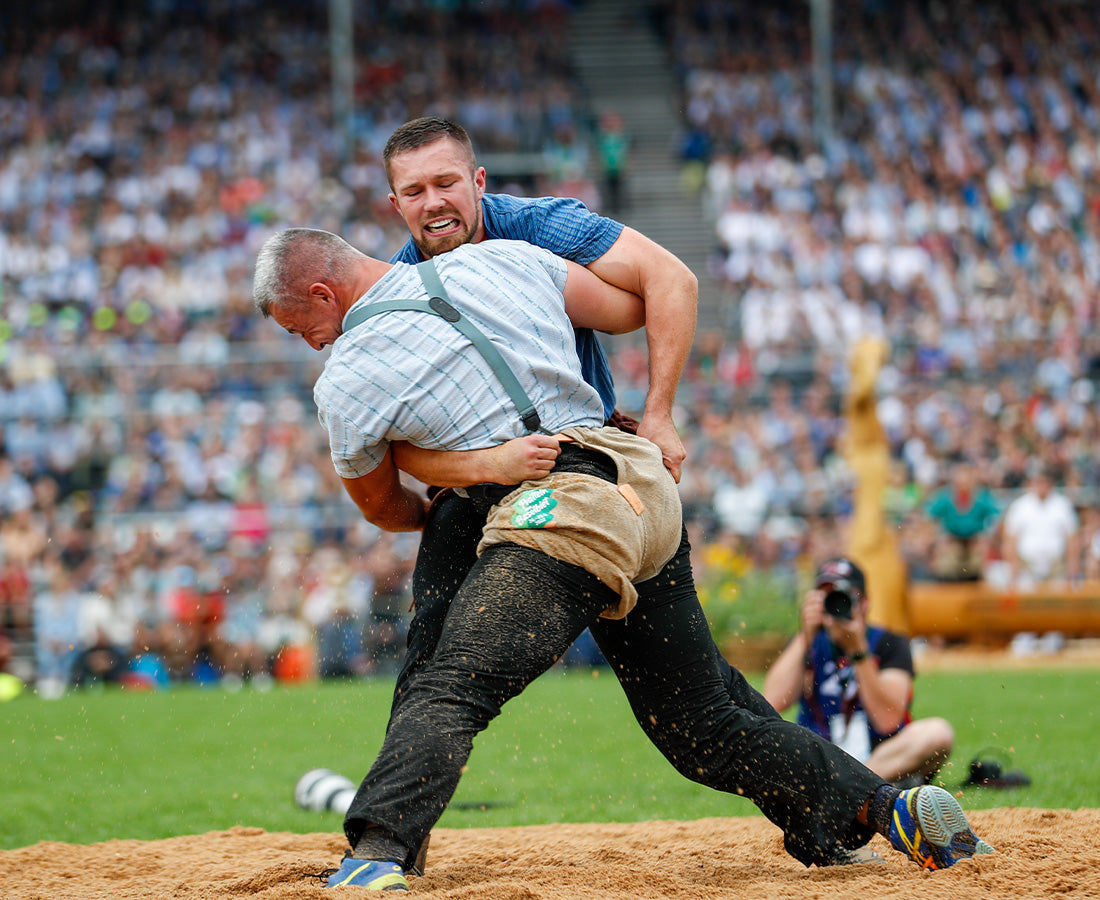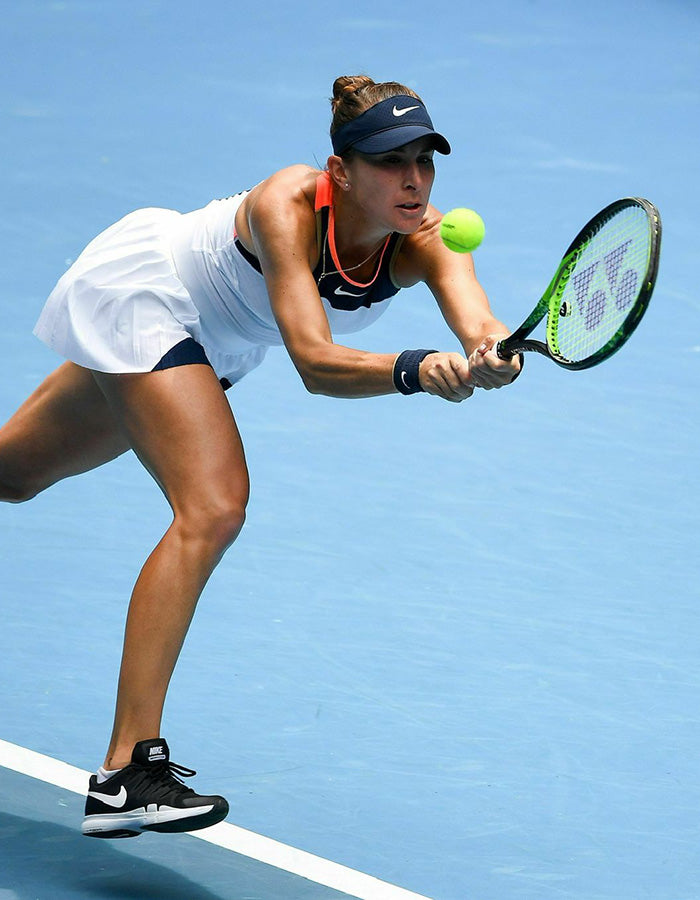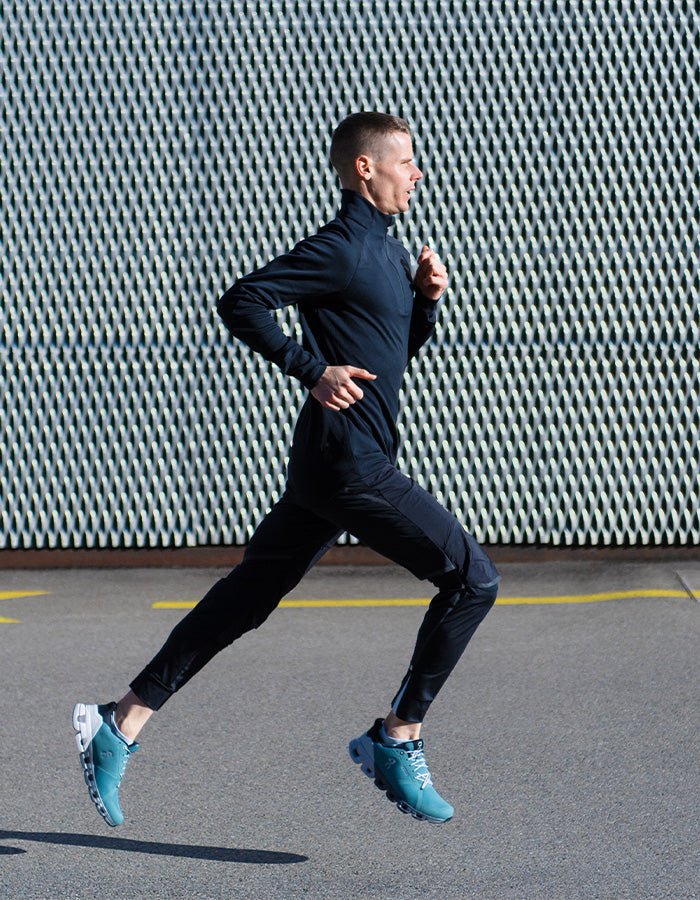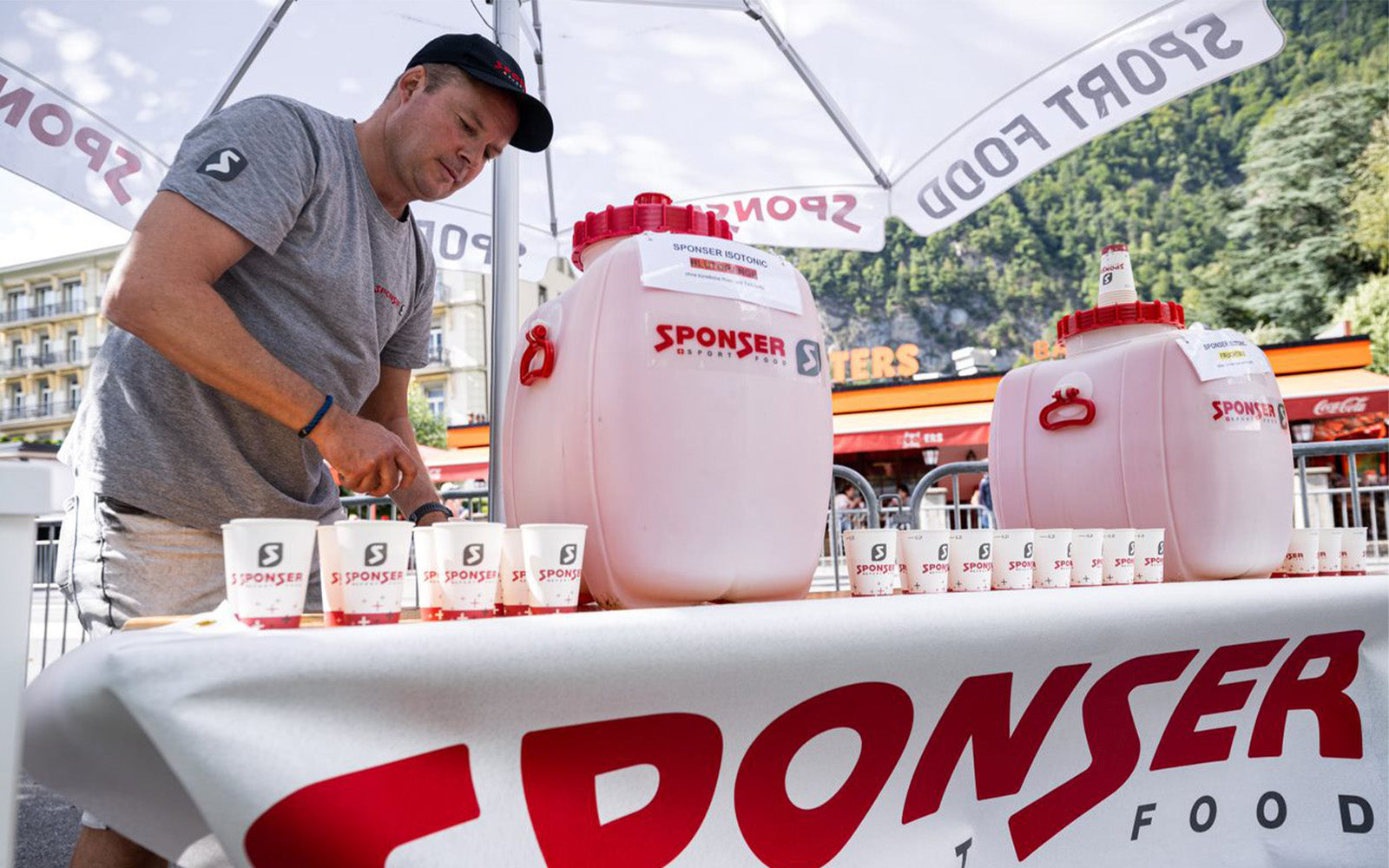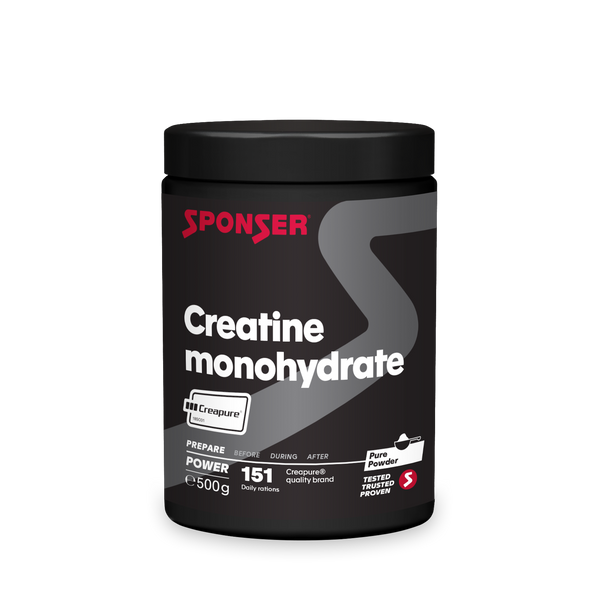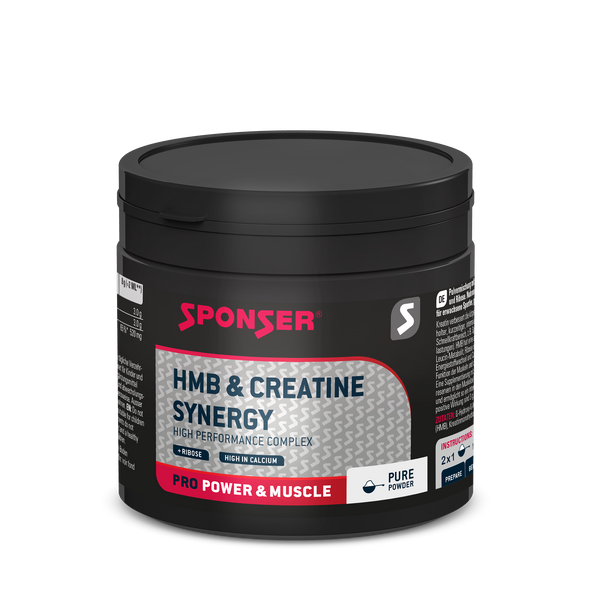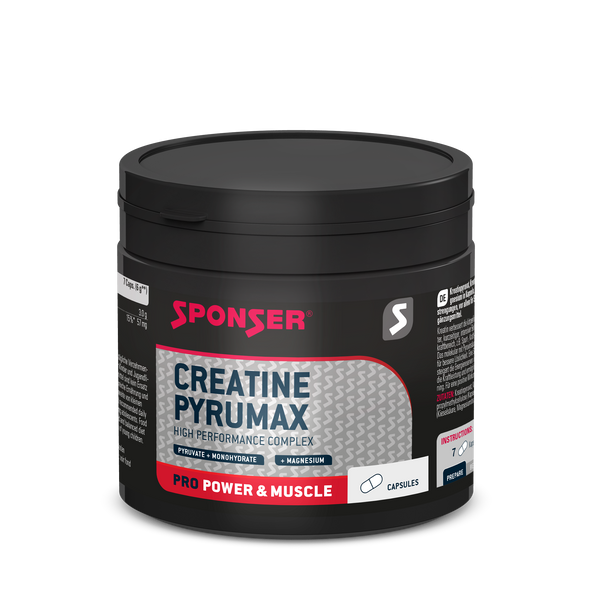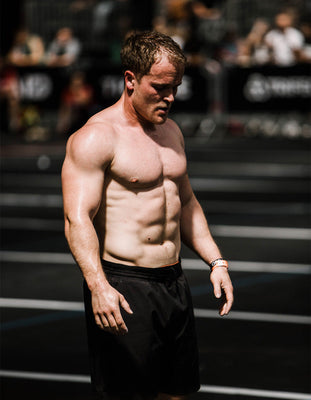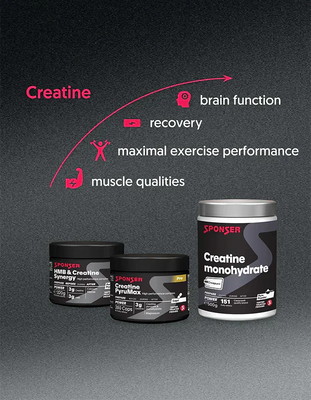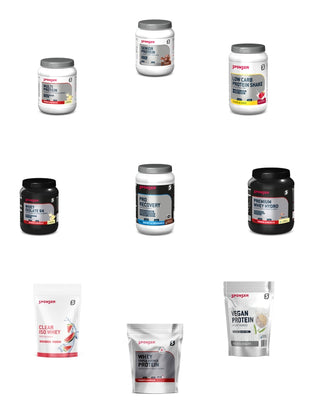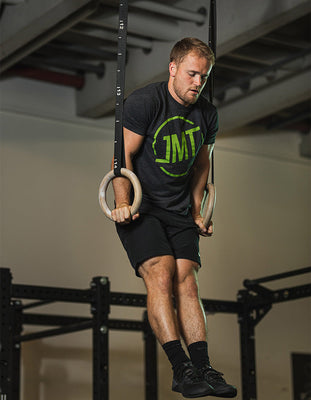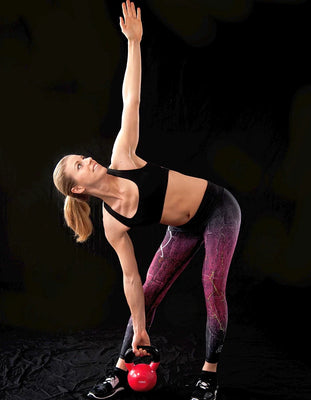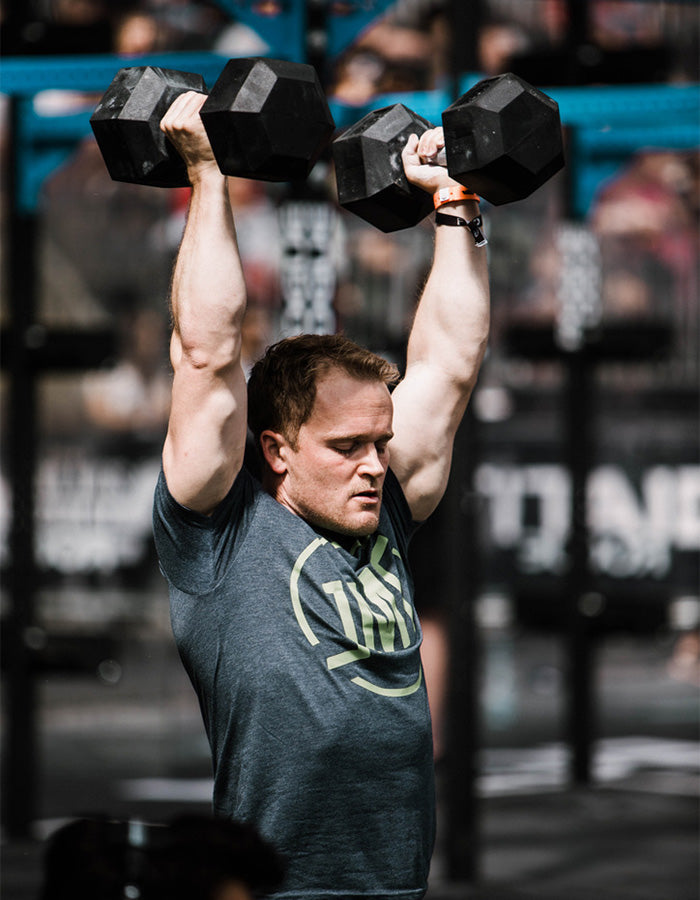
Photo credit: Joan Escri
Creatine for Performance Enhancement and Muscle Building
Creatine has been shown to increase physical performance during short-term, intense physical activity, and accordingly in sports with such forms of exertion, such as weight training, sprinting, interval and ball sports, martial arts, etc.). It is unclear whether creatine can support performance in the endurance range. In the high-intensity range of a few to approx. 20 minutes, positive effects are to be expected or at least possible. In classic endurance sports lasting more than 20 minutes, however, no performance improvements are to be expected. Said this, creatine is a training aid that can also make sense in endurance sports, depending on the training phase and goals. However, endurance athletes must bear in mind that an increase in muscle mass or body weight can also have a negative effect on performance. The benefits of taking creatine should therefore be evaluated individually and tested if necessary. Creatine can also be used during the rehabilitation from injuries in consultation with a physician. Creatine may help, on one hand, to reduce the loss of muscle mass during immobilisation of the muscle or joint; on the other hand, to support muscle mass build-up upon training reuptake.
Intake protocol for creatine
Supplementation with creatine is divided into three phases: loading, maintenance and discontinuation. There are two different loading methods. Both principles lead to equal, maximum creatine levels in the muscles, whereby this is achieved, as expected, more quickly with the so-called «fast load» compared to a «slow load». Taking creatine after exercise or in combination with carbohydrates improves the uptake of creatine into the muscle cells by the body’s concomitant insulin production. Therefore, creatine is preferably combined with a meal, so that its carbohydrates content triggers the desired insulin release.
FAST LOAD: 0.3 g creatine per kg body weight in 3-4 servings spread over the day for 5 days.
SLOW LOAD: 3-5 g creatine daily in 1-2 servings for approx. 4 weeks.
MAINTENANCE PHASE (identical for slow and fast load): 3 g of creatine in 1-2 servings per day for at least 4-24 weeks.
WEANING PHASE (identical for slow and fast load): At least 4 weeks or longer, in line with the individual training and season planning.
The creatine content of the muscles falls back to the level of the initial phase within 4-6 weeks from the start of supplementation. Continuous supplementation with creatine is not recommended, as the safety and performance development of long-term use is not yet very well examined hitherto.
Creatine from SPONSER
SPONSER offers various creatine products:
• A classic, pure Creatine Monohydrate, which can be added to and taken with any liquid or food grace to its completely neutral taste.
• In addition, there is Creatine Pyrumax, a combination of creatine monohydrate and creatine pyruvate, which can improve the uptake of creatine, especially by people who respond little or not at all to creatine monohydrate (non-responders), grace to the higher solubility of pyruvate.
• The third formulation, HMB & Creatine Synergy, is a mixture of creatine monohydrate and HMB (hydroxymethyl butyrate), which provides a synergistic combination of their anabolic and anti-catabolic functions. Also particularly appropriate for seniors with regards to muscle mass maintenance.
Literature
Flück, Joëlle (2023): Kreatin - Kreatin-Monohydrat, in: Supplementguide Swiss Sports Nutrition Society, Version 2.2, Dezember 2023.
